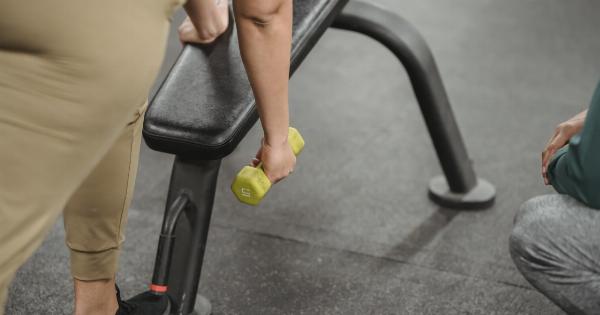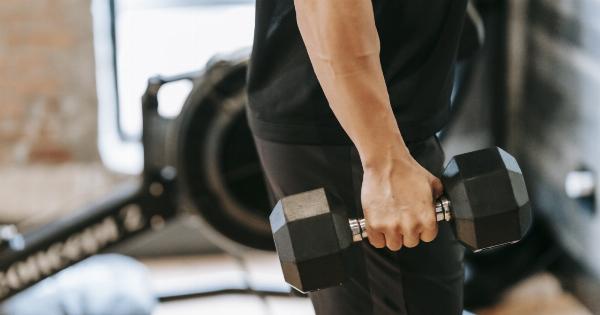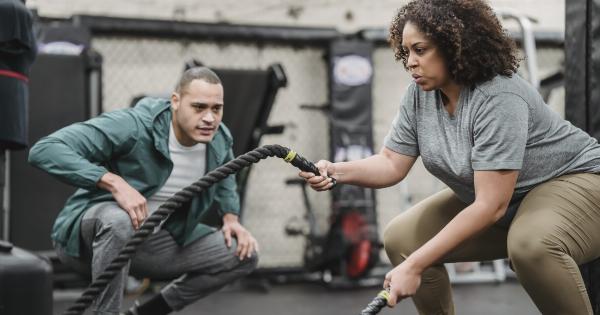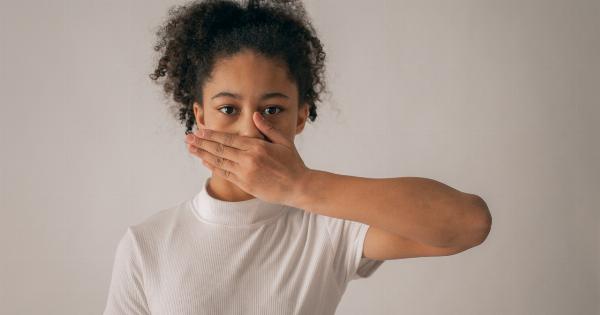Anxiety is a natural response that our body uses whenever we feel threatened. However, when it becomes persistent and frequent, it impedes our ability to function normally, leading to anxiety disorders.
These disorders often manifest in physical symptoms, such as a racing heart, sweating, and difficulty breathing.
While anxiety is a widespread problem, there are several natural ways to manage it. If you’re struggling to overcome anxiety, this comprehensive guide will help you learn how to manage your symptoms without medication.
1. Take a Break
If you’re feeling anxious, take a break. It’s easy to get caught up in a cycle of worry and stress, but taking some time to yourself can help. You don’t need to take an extended break.
A short walk or meditation session can help calm your mind.
2. Move your Body
Physical exercise is one of the best natural ways to combat anxiety. Exercise releases endorphins that help improve mood and reduce stress. It can also cause your body to release pent up energy, which can help reduce anxiety symptoms.
Go for a walk, a run, or do some yoga. Anything that gets you moving will help.
3. Practice Mindfulness
Mindfulness is a natural technique that can help you control your thoughts and improve your mental health. Mindfulness involves being in the present moment and focusing on your thoughts, feelings, and physical sensations.
There are many ways to practice mindfulness- meditation, deep breathing, and visualization- just to mention a few.
4. Get Adequate Sleep
Sleep is essential to our mental and physical health. People who don’t get enough sleep are more likely to experience anxiety, depression, and other mental health issues.
Ensure you get at least 7 hours of quality sleep per night, and don’t hesitate to consult a sleep specialist if you’re struggling with sleep.
5. Avoid Stimulants
Stimulants like caffeine, nicotine, and alcohol can significantly increase anxiety symptoms. Avoid or reduce their consumption to reduce anxiety symptoms naturally.
6. Try Herbal Remedies
Several herbs, including chamomile, lavender and valerian root, are known for their anxiety-reducing properties.
Before you start using any supplements or herbs, consult with a doctor or a qualified practitioner to ensure their safety for your specific needs.
7. Practice Breathing Exercises
Breathing exercises help calm your mind and body. The idea is to take deep breaths, hold them for a few seconds, and exhale slowly. This not only helps to increase your oxygen intake, but it also helps reduce anxiety symptoms like a racing heart.
8. Socialize
It’s easy to isolate yourself when you’re feeling anxious, but it’s important to maintain social connections as much as possible.
Spending time with loved ones and friends can help distract you from anxious thoughts and feelings, improving your mood and mental health.
9. Write About Your Feelings
Journaling is a natural and straightforward way to reduce anxiety. By putting your thoughts and feelings on paper, you release pent-up emotions and stress, making you feel more grounded and centered.
Take five to ten minutes each day to jot down what’s on your mind.
10. Seek Professional Help
If you feel like your anxiety isn’t getting better or starts to impact your daily life, it’s time to seek professional help. Professional treatment for anxiety includes cognitive-behavioral therapy, medication, or a combination of both.
A qualified mental health professional can help you tailor your treatment to your specific needs.
Conclusion
While anxiety is a common problem, you don’t have to suffer through it alone. These natural techniques are proven to help reduce anxiety symptoms and improve your overall mental health.
Remember that lifestyle changes may not bring immediate relief from anxiety, but with patience and consistency, they can become a crucial part of your long-term healing process.






























